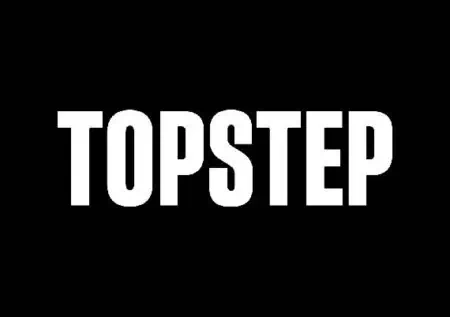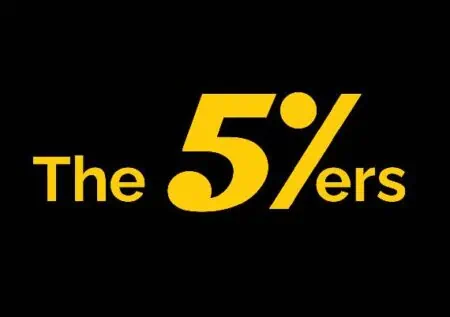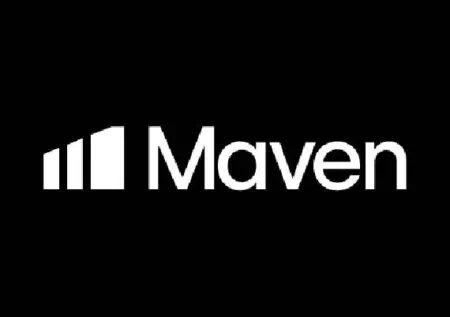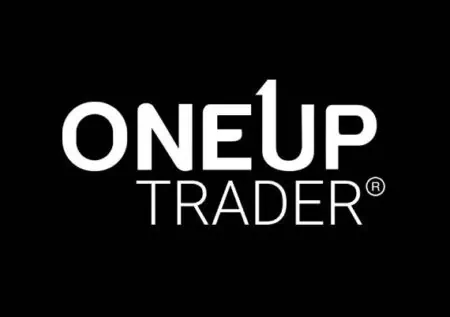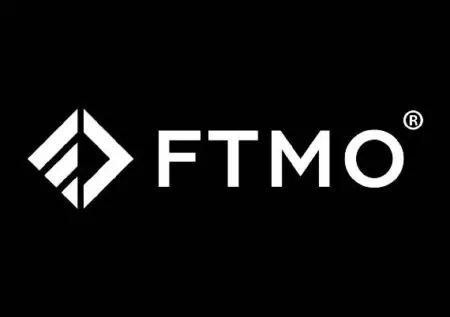In the realm of trading, especially for beginners navigating through the plethora of terms and market intricacies, the concept of proprietary trading, often abbreviated as “prop trading,” emerges. Proprietary trading involves the buying and selling of assets on behalf of an employer, typically large banks and brokerage firms. While it may appear daunting to novices, seasoned investors can achieve substantial six-figure incomes within this domain.
Challenge4Trading: The Best Prop Firm Trading
Buy, trade, and hold 500+ cryptocurrencies on SurgeTrader
Up To 35% OFF Industry’s Lowest Prices
Traders receive 100% of the first $25,000 Per Account
Leverage up to 1:100 Per Account
High profit share of 90/10
Up to 100% Profit Share
Capital access for traders up to $1M and scale to $5M and scale to $5M
Up to $200,000 In Capital
Easiest Forex Prop Firm To Get Funded
Become a Fully Funded Trader
Uncompromising Execution. Radical Transparency.
Grow & Monetize Your Demo Trading
Understanding Proprietary Trading:
Proprietary trading occurs when financial institutions utilize their substantial capital to trade on their behalf, separate from client transactions. This strategy relies on the institution’s in-depth knowledge of markets, trends, and forecasting to outperform other investors, ultimately yielding higher returns for stakeholders. To execute these trades, institutions enlist experienced traders dedicated to prop trading.
Embarking on a Prop Trading Journey:
Becoming a prop trader requires a strategic approach. Prospective traders must establish a strong educational foundation in fields related to economics, statistics, or business finance, often necessitating at least a bachelor’s degree. Practical experience is crucial, and aspiring traders can gain this through internships or mentorships during or after their formal education.
Navigating the Prop Trading Landscape:
Armed with education and experience, candidates can delve into the financial industry job market. Thorough research into trading firms aligning with personal preferences and trading styles is essential. Tailoring resumes to specific positions and leveraging professional connections cultivated during internships can enhance the likelihood of securing entry-level trading positions.
A Day in the Life of a Prop Trader:
For those contemplating a career in prop trading, understanding the daily routine is imperative. A typical day involves pre-market preparation, analyzing after-hours trading, and identifying potential opportunities. During market hours, traders actively engage in buying, selling, and adjusting strategies based on real-time data. Post-market, a comprehensive team discussion ensues to recap the day’s activities, providing valuable insights for new traders.
Advancement and Benefits:
Advancement within prop trading can be swift for high-performing individuals. The career trajectory often begins as a junior trader, progressing to senior trader and, eventually, a partner. The compensation in prop trading is notably competitive, reflecting the emphasis on results rather than seniority. Additionally, the collaborative environment within trading teams fosters a positive atmosphere among intelligent and high-achieving professionals.
Considering Prop Trading as a Career:
For individuals seeking an exhilarating career rooted in numerical aptitude and problem-solving skills, prop trading offers a compelling choice. The potential for an impressive salary, a teamwork-oriented environment, and a merit-based promotion system make prop trading an attractive avenue for those confident in their trading abilities.
Disclaimer: Investing can be quite a wild ride – especially when you don’t know the terrain! To keep things from getting too rocky, take some time beforehand to get familiar with all of the risks involved. Our site is here to up your investor game by providing all available intel about platforms and trends, but we don’t take responsibility nor can we be held accountable as advisors. That being said, it’s still important for you to make educated decisions that match what works best for YOU – just remember: no amount of savvy will guarantee success or protect against loss so invest money you can spare.





